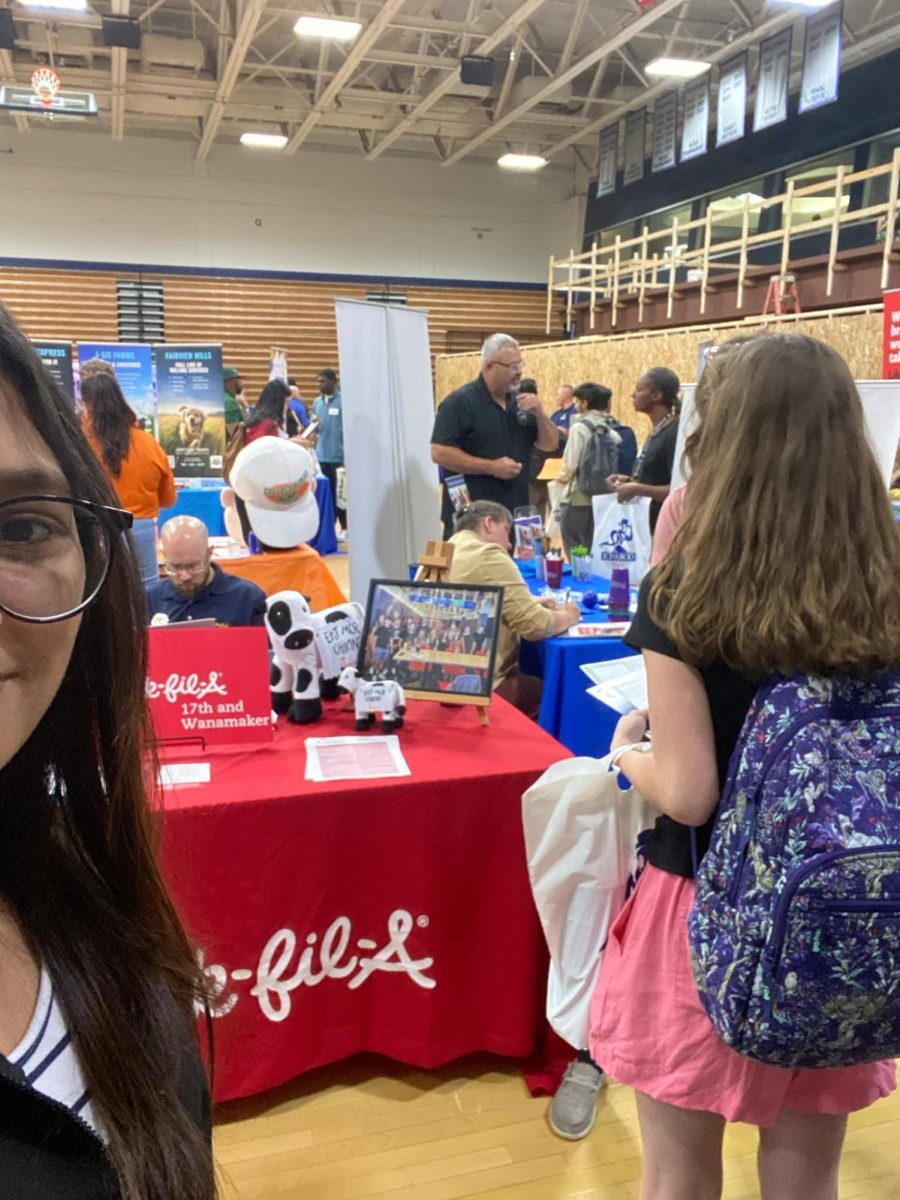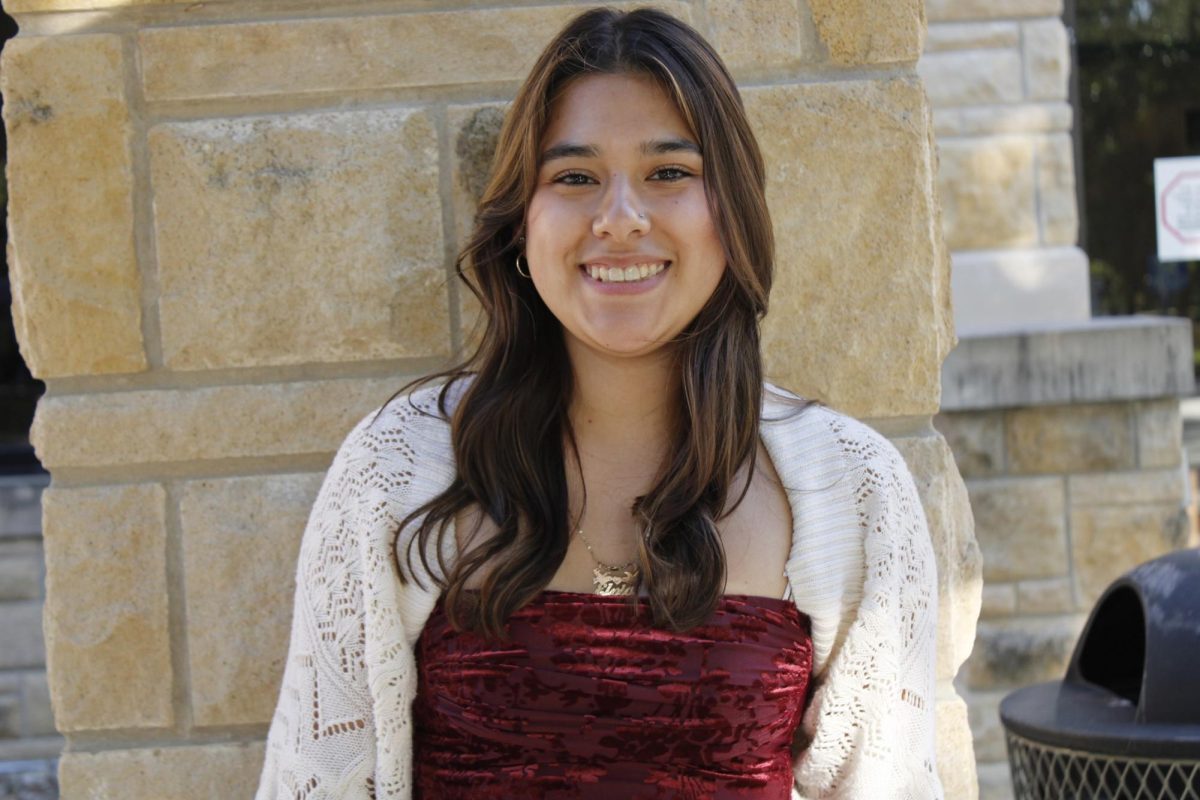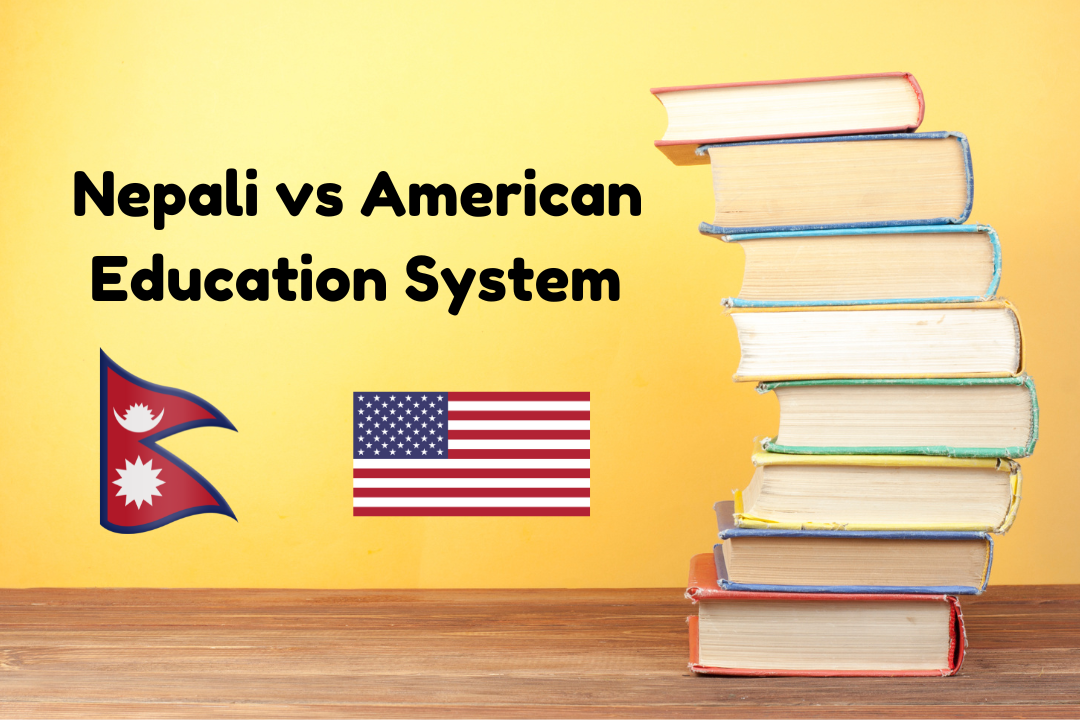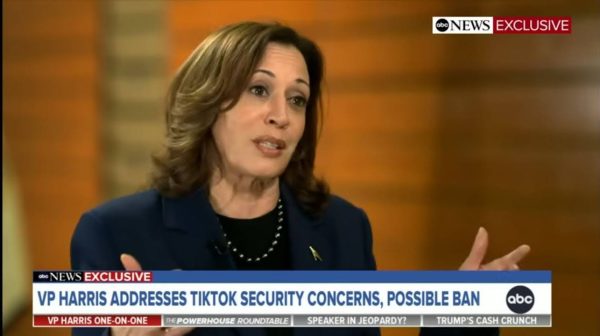
The White House passed a bill March 13, to potentially ban TikTok, a social media platform owned by the ByteDance company. According to Vice President Kamala Harris, they have no intention of banning TikTok from the country.
“We need to deal with the owner, and we have national security concerns about the owner of TikTok,” Harris said on ABC news.
In order to prevent the ban, the corporate parent of the app needs to be sold within six months. Though the national security concerns of the app remain unclear, in previous years there were privacy concerns about the collection of data from its users and the hidden influence TikTok has on the U.S.
“We have invested to keep your data safe and our platform free from outside manipulation,” said Shou Zi Chew, TikTok CEO.
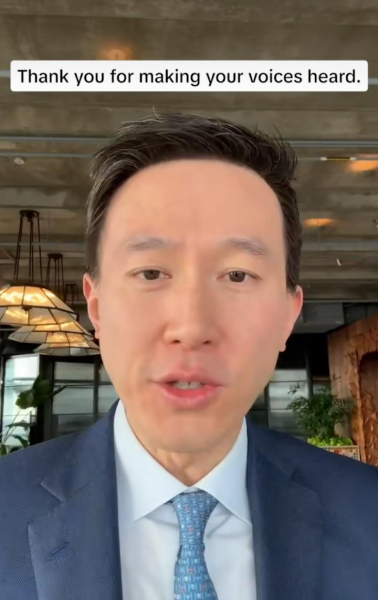
He informed TikTok users that the U.S. ban can take a lot of money away from billions of American small businesses and creators, which they are trying to prevent from happening. He thanked TikTok users for being vocal on the concerns of the ban and tried to warn users of the downsides it has on American content creators.
Some students at Washburn University feel the ban is the least of the country’s worries.
“I personally feel like the TikTok ban isn’t necessarily productive to what types of issues are happening in the world,” said Rene Cabrera, freshman public administration major. “I feel like our politicians don’t properly understand young people to be regulating apps like TikTok.”
Griffin Lickteig, sophomore forensic chemistry major, believes banning TikTok could be detrimental for many influencers and businesses.
“A lot of people have made their whole brand on TikTok. So, it frustrates me that legislatures just want to ban it for seemingly fun,” Lickteig said. The risk of TikTok being banned from the U.S. can have an affect on many people.With time, there will be more updates on the state of TikTok.
Edited by Jeremy Ford and Jayme Thompson




